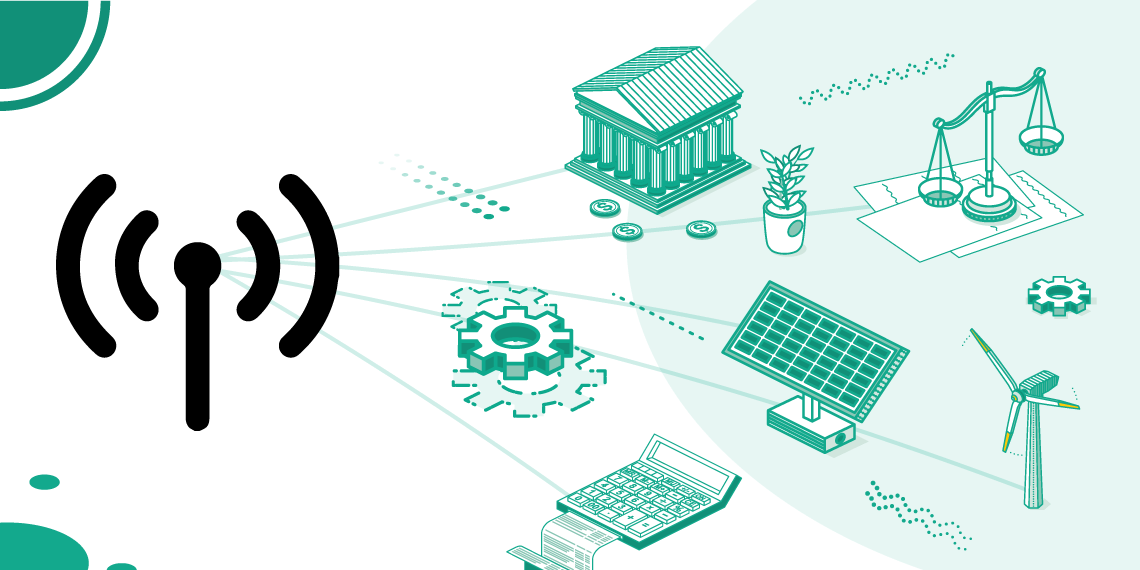Price is the most common barrier to entry for services like banking and access to the internet in impoverished nations. While banking services are often taken for granted by those who aren’t in poverty, even a small cost can prevent someone from using these services. Sub-Saharan Africa suffers from this issue often. Existing banking services are difficult to expand, and rising costs make them completely inaccessible to the average citizen.
A lack of widespread internet compounds connectivity issues throughout Africa, preventing the population from turning to digital solutions and the global economy. Web2 does not have what it takes to solve these issues, as the web2 model assumes online transaction accessibility. 3air plans to use Web3 to solve many of the African continent’s common downfalls of internet connectivity and bank access.
Internet services are few and far between in Sub-Saharan Africa. Modern cable services are rarely available outside of a few select coastal cities. Wireless services would prove to be substantially more ideal. However, of the 73% of the population with a cellular subscription in 2016, only 20% of those provided internet connectivity; a 14.6% total for users with internet access. Most mobile towers are outdated, usually, 2G or 3G, explaining this discrepancy in internet connectivity.
3air’s approach to connectivity through crypto
3air aims to install widespread internet connectivity services through proven technology invented by K3 Telecom. Its “Last Mile” wireless mesh system boasts high speeds at 1000Mbps, paired up with 150+ digital channels and access to IP telephony. The most impressive of these details is the range of these services, stretching nearly 50 kilometers, allowing the service to reach even the continent’s most remote areas. This technology has already touched ground in Africa and two other continents. 3air will begin building these base stations by 2023 and has plans to expand over the continent.
Internet service is the first part of the problem in connecting Africa to the global economy. Banking services are a necessity to interact with the world as a whole. 57 percent of Africans do not have any form of banking, whether local, mobile, or digital, and as such, are completely withheld from common banking services, which could uplift them to the level of the global economy. Bank accounts, online transactions, loans, and finance education, are provided through banking services, and having no access to these is a severe disadvantage for the impoverished.
NFTs for connectivity
Through the use of Web3 technologies, 3air will offer its internet connectivity through the use of NFT-based subscriptions. This form of subscription offers superior advantages over Web2’s bank-tied system. Users single handedly own their subscriptions, allowing them to transfer services to others as wanted or to sell their services on a decentralized, open marketplace. The company’s platform also offers additional services. The NFT used for internet services will be a community token, allowing customers to vote for further expansion of services and where they wish development to go. 3air’s SKALE-based blockchain will also provide DeFi services such as cryptocurrency wallets and microfinancing.
With the use of wireless mesh technologies and Web3 integration, 3air plans to connect the African continent to the global economy. It offers NFT-based subscriptions, proven hardware, and on-the-ground support for its customers. With these systems beginning to come into place in 2023, Africans can expect to be empowered in many ways as 3air builds and expands its network.





